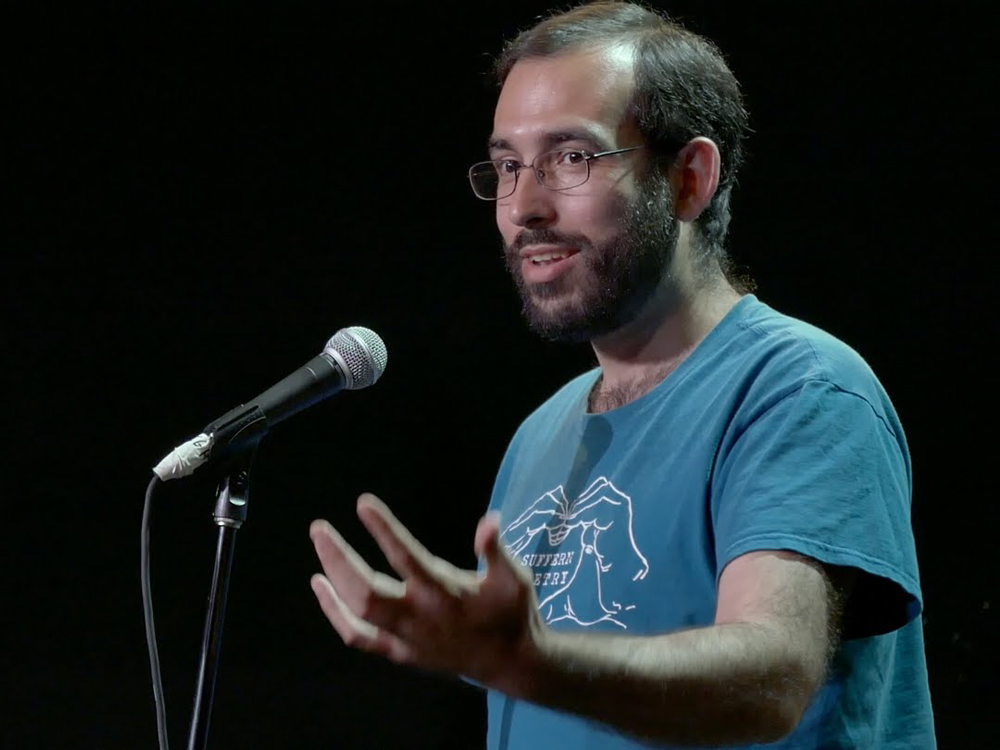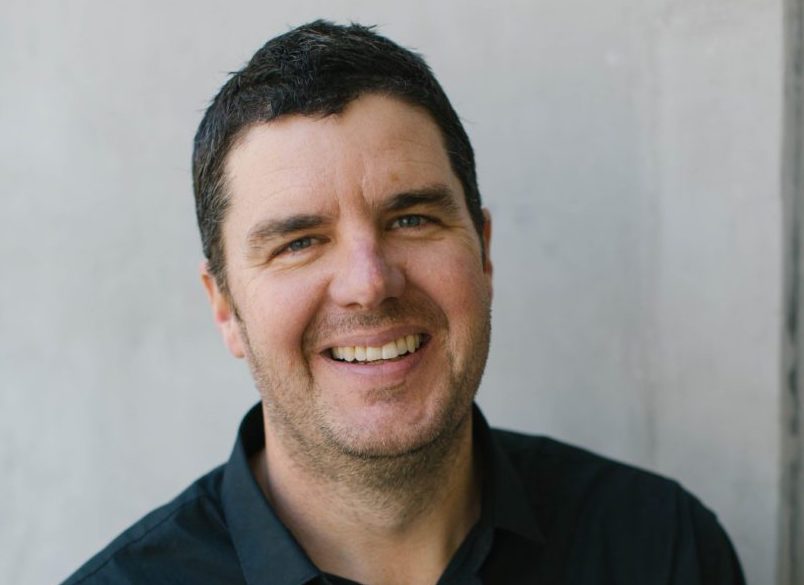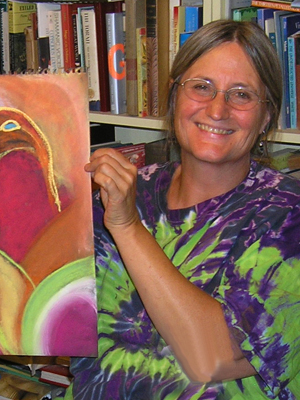A Community Reading Series: Rockland Poets
Bryan Roessel is a poet, event organizer, and science teacher in New York State’s Lower Hudson Valley and started the Rockland Poets reading series with a couple of friends in order to bring poetry events to Suffern, New York. Roessel believes strongly in the power of art to expose new perspectives and ideas, and writes about science, relationships, and depression.
 Rockland Poets, formerly known as Suffern Poetry, has been hosting monthly poetry open mics and slams in the Lower Hudson Valley’s Rockland County since 2011. We’re a pretty small organization, currently run by seven volunteers, all of whom are residents of Rockland County or northern New Jersey. We run our events because art and community are vital. Poetry is an accessible art form in that you don’t need any special training or tools to create poems or to appreciate them. In the spirit of that accessibility, all of our events are open to the public and almost all incorporate open mics, where anyone can sign up to share their work. The grants we’ve received through Poets & Writers over the years have been of great importance to keep these events open and running.
Rockland Poets, formerly known as Suffern Poetry, has been hosting monthly poetry open mics and slams in the Lower Hudson Valley’s Rockland County since 2011. We’re a pretty small organization, currently run by seven volunteers, all of whom are residents of Rockland County or northern New Jersey. We run our events because art and community are vital. Poetry is an accessible art form in that you don’t need any special training or tools to create poems or to appreciate them. In the spirit of that accessibility, all of our events are open to the public and almost all incorporate open mics, where anyone can sign up to share their work. The grants we’ve received through Poets & Writers over the years have been of great importance to keep these events open and running.
The funding has allowed us to keep admission costs low for attendees, and to bring in diverse poets from all over North America to read. Typically, a featured reader will do a half-hour set before the open mic portion of the event, and we’ve invited established poets such as Billy Tuggle from Chicago and Chris August from Baltimore. To help emerging poets grow as writers, we welcome them to discuss their craft and influences at the end of their sets. In addition to these events, we’ve hosted outstanding creative writing workshops, such as a generative workshop led by Salt Lake City poet RJ Walker, and a performance and choreography workshop led by New York City poet Anthony McPherson.
The community response has been positive and supportive. We’ve started using a computer-based sign-in system at the door to track attendance, and over one hundred and fifty people have attended our events in the past year. Almost half have returned at least once, which signals to me that we’re doing something right. A few of our teen audience members have told us that they find our series really valuable and are grateful it exists. The feedback we’ve received emphasize the “warm environment” and “accepting atmosphere,” as well as the “great writers” that share their work at our events, which helps fuel us as we plan for future events.
This October, we’re hosting the sixth annual Empire State Poetry Slam, a statewide team-based slam tournament held in a different city in New York each fall. We are also considering a collaboration with other local literary organizations to create and host an annual literary or poetry festival. The future of Rockland Poets lies in continuing to gather community support for our organization and events, and to adapt to the needs of our local community and the writers we support. We hope to continue that work for many years to come.
Support for the Readings & Workshops Program in New York is provided, in part, by public funds from the New York State Council on the Arts, with additional support from the Friends of Poets & Writers.
Photo: Bryan Roessel (Credit: Button Poetry).





 Anyone who has survived more than a decade or two on this planet has stories to tell. Often, however, people who struggle with addiction have not had the opportunity to sit down and write their stories, not even for themselves. For the clients I have worked with in recovery, any available energy they have is directed at surviving challenging life circumstances. Some have been incarcerated, and when the prison doors open, they land in a halfway house or in day treatment for addiction. Then suddenly, there is time and room to reflect on experiences, to tell the stories that need to be told.
Anyone who has survived more than a decade or two on this planet has stories to tell. Often, however, people who struggle with addiction have not had the opportunity to sit down and write their stories, not even for themselves. For the clients I have worked with in recovery, any available energy they have is directed at surviving challenging life circumstances. Some have been incarcerated, and when the prison doors open, they land in a halfway house or in day treatment for addiction. Then suddenly, there is time and room to reflect on experiences, to tell the stories that need to be told.